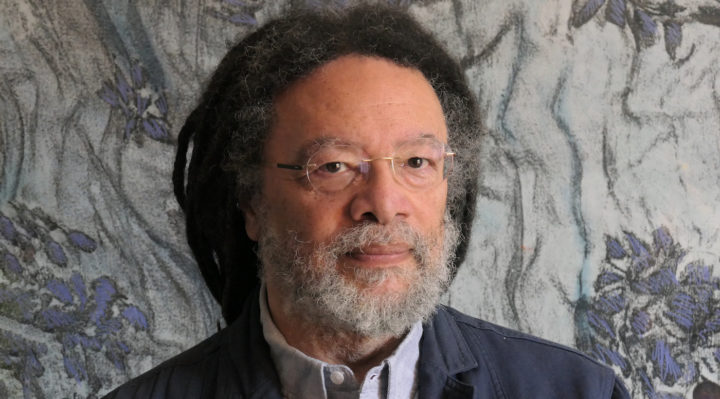(Bergen, Norway) – Today, the Holberg Prize was conferred upon Professor Paul Gilroy, King’s College London, by HRH Crown Prince Haakon of Norway.
At a prestigious award ceremony today in the University Aula in Bergen, Professor Paul Gilroy received the international research award from HRH Crown Prince Haakon of Norway.
The Holberg Prize is worth NOK 6 million (approx. USD 700,000) and is awarded annually for outstanding contributions to research in the humanities, social sciences, law or theology.

“I want to express my profound gratitude to the Holberg Prize Committee, and indeed to the people of Norway, for this extremely generous and very surprising award,” said the Laureate. “The award still feels baffling and will do for some time to come.”
As one of the most internationally renowned contemporary British intellectuals and a preeminent scholar of modernity’s counter history, Gilroy received the Holberg Prize for his strong influence upon a number of academic fields and sub-fields. These include cultural studies, critical race studies, sociology, history, anthropology and African-American studies. Gilroy’s scholarship has long set the terms for investigation and study in areas such as the Black Atlantic world, colonialism and the role of racial and ethnic hierarchies, as well as the cultures generated by diasporic relations.
In his acceptance speech, Gilroy recalled how he, during his secondary education, experienced “the pressures of everyday racism”. The degree of estrangement he felt was in some sense liberating, partly due to his love of books, which made him acquire “the life-changing, world-making habit of slow, deep reading”. The Laureate described how this has become more difficult in today’s civic environment: “[…] the reading experiences that infused my imagination and shaped my intellect are no longer routine”, he noted.
Gilroy also described how the life and writings of Ludvig Holberg could inspire a preference for “holistic inquiry”, rather than fragmented knowledge. Such a multi-disciplinary orientation, stressed Gilroy, is also necessary in order to tackle the problems of racism and nationalism, and he emphasized his hope that the Prize may encourage others who have worked on these and similar topics: “Our efforts are connected by their focus on the political and moral problems that arise from the institutionalization of racial hierarchy and inequality, and by the need urgently to develop critical perspectives on the fields of inquiry which have legitimized them over centuries”, Gilroy said.



